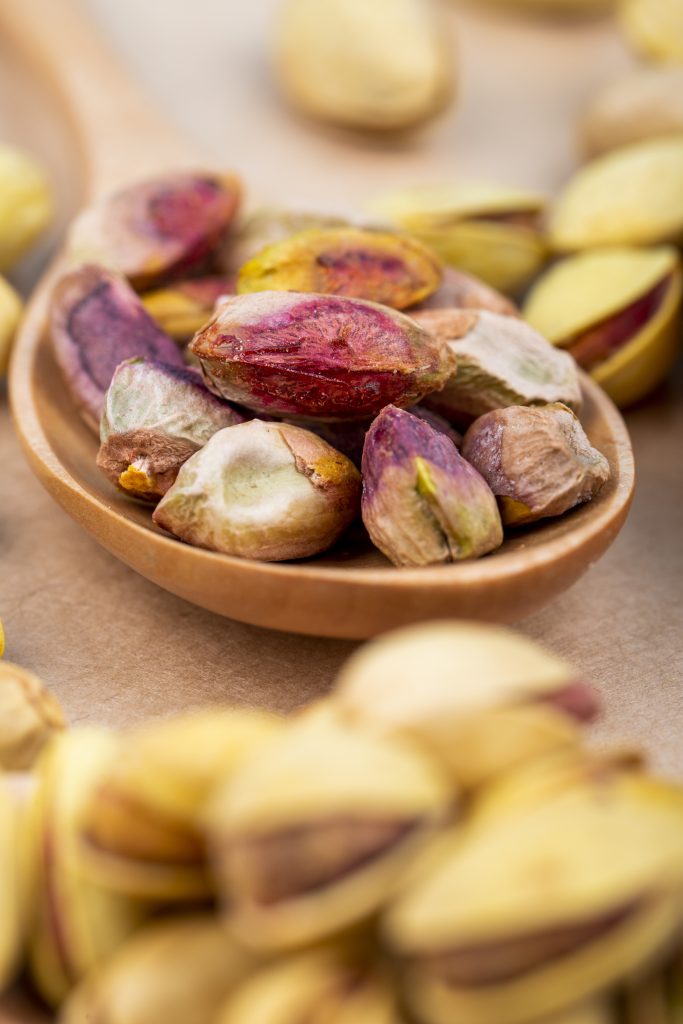
Pistachios are not only a popular snack but also a valuable agricultural commodity and a source of ingredients for diverse non-food industries. This article examines the role of pistachios in agriculture, pharmacology, and personal care, highlighting cultivation considerations, bioactive components, and market trends that position pistachios as a multi-sector product with strong growth potential.
Introduction
Originating in the Middle East and Central Asia, pistachios have matured into a globally traded crop with downstream benefits beyond food. The kernel contains a complex mix of fats, proteins, vitamins, minerals, and phytochemicals that have implications for health, cosmetics, and industrial applications.
Agricultural Role and Sustainability
- Crop resilience: Drought-tolerant trees with deep root systems suitable for semi-arid climates.
- Economic importance: High-value crop contributing to farmer income and regional development.
- Sustainability practices: Efficient irrigation strategies, integrated pest management, and post-harvest processing innovations.
Pharmaceutical and Nutraceutical Potential
- Bioactive compounds: Rich in monounsaturated fats, fiber, and antioxidants; potential cardioprotective and anti-inflammatory properties.
- Formulations: Pistachio-derived ingredients used in dietary supplements, functional foods, and nutraceutical products.
- Safety and quality: Allergen awareness, contaminant control, and standardization of active components.
Personal Care and Cosmetic Applications
- Oil and extracts: Pistachio oil used in moisturizers and hair care for its emollient properties.
- Skin benefits: Antioxidant-rich extracts may support skin health and anti-aging claims.
- Product development: Integration into soaps, creams, masks, and lip care for premium positioning.

Market Trends and Opportunities
- Growing demand for plant-based and natural ingredients across industries.
- Increasing consumer interest in clean-label products and sustainable sourcing.
- Regional specialization and cooperative models enhancing value addition in pistachio-producing areas.
Practical Considerations for Industry Stakeholders
- Quality control: Consistent kernel quality, moisture content, and absence of contaminants.
- Supply chain transparency: Traceability from orchard to product to meet regulatory standards.
- Regulatory compliance: Adherence to food-grade and cosmetic-grade specifications, depending on end-use.
Conclusion
Pistachios are uniquely positioned to contribute to multiple sectors beyond food. With responsible cultivation, rigorous quality management, and innovative processing, pistachios can unlock additional value in agriculture, pharmaceuticals, and personal care.
To order or get advice on pistachio and dried fruit varieties, contact our team via our official WhatsApp. Our support team is ready to answer your questions and can help you choose the right pistachio and dried fruit. WhatsApp number 009890214773705

